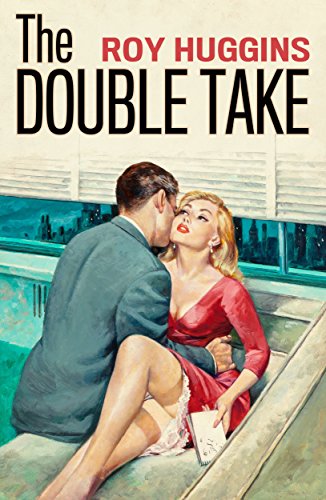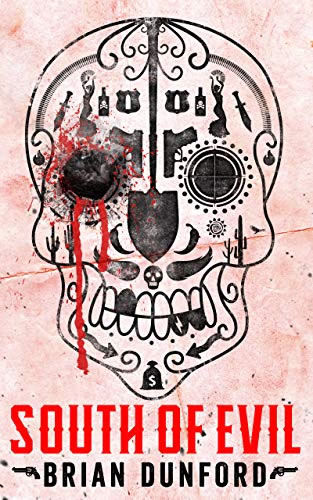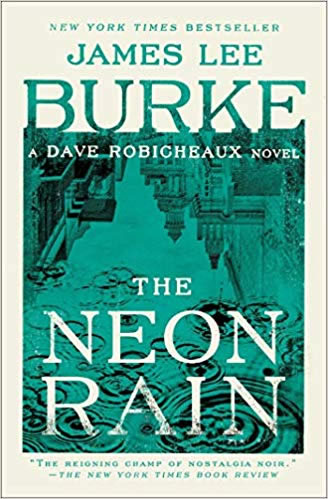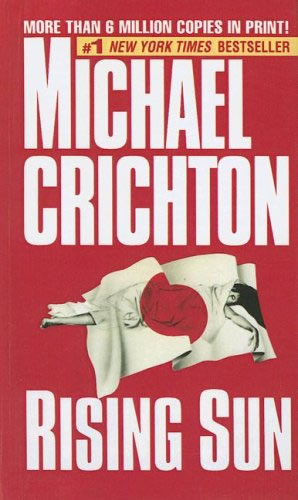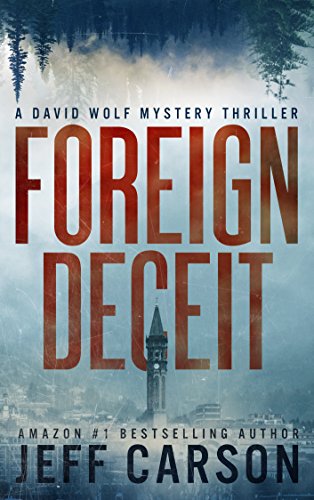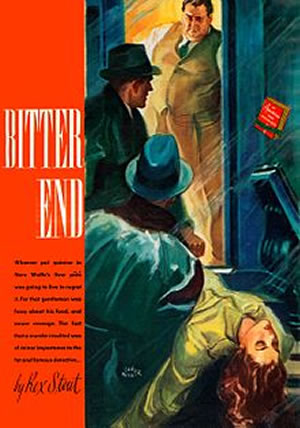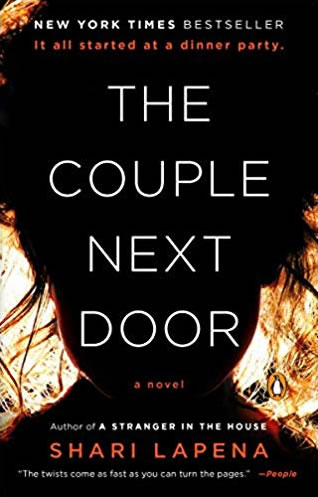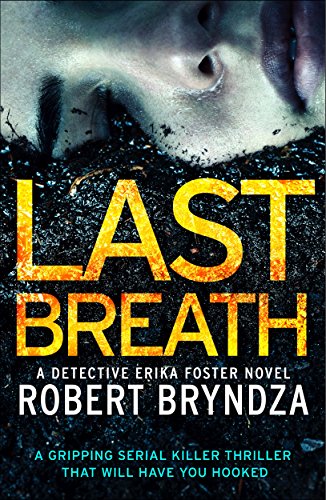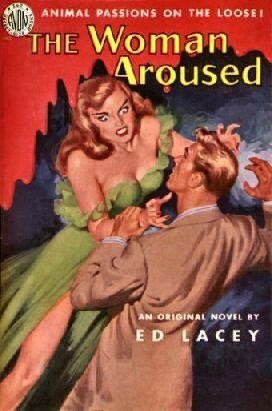
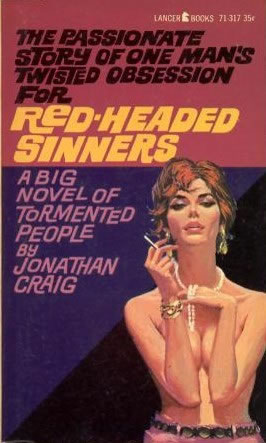 Red-Headed Sinners – Jonathan Craig (1953) (PlanetMonk Pulps Book 6) . PlanetMonk Books. Kindle Edition.
Red-Headed Sinners – Jonathan Craig (1953) (PlanetMonk Pulps Book 6) . PlanetMonk Books. Kindle Edition.
What can I say about this work of pulp prose… it’s like a 1950s men’s graphic novel without the pictures. It’s not meant to be funny, at least I don’t think that this story is to be farcical, though it might be tongue in cheek. It’s a story of a disturbed alcoholic who’s underlying trigger happens to fire… for reasons revealed rather late in the story, about childhood trauma and sexual abuse… I would offer a spoiler alert, but seriously, if you can’t see the end of this train wreck straight from the gate, then brother you’ve got to read more pulp…
Well as it happens the story starts with, a senior police lieutenant gets kicked off the force for roughing up and nearly choking to death a fugitive jewel thief’s moll… as it happens, the lieutenant probably had a few drinks in him and the moll in question was a flaming redhead. Now disgraced Jeff stoner seeks redemption, by finished the jewel thief and recovering the jewels… but to do that, he has to find out where he’s hiding… so he goes to talk to that redhead… but he should probably have a few drinks the settle his nerves, and a couple more to take the edge off, and just go and … talk to her…
And thus begins the tale and trail of bodies leading to the demise of Jeff Stoner… a cautionary tale tis true, a story ripped from the headlines of yesteryear. .. dangerously damaged people should not be given badges and bourbon.
What had happened to the three hours? He tried, painfully, to think back over his actions. He’d stopped at the liquor store, he remembered. He’d had a couple of healthy ones in the car … maybe more than a couple. He bent and lifted the fifth of whiskey. Almost half gone. It didn’t seem possible. He stared at the bottle for a moment. One more couldn’t hurt. He had to pull himself together, didn’t he? He unscrewed the cap and tilted the bottle and shuddered as the whiskey scalded down his throat. There! That was more like it!

